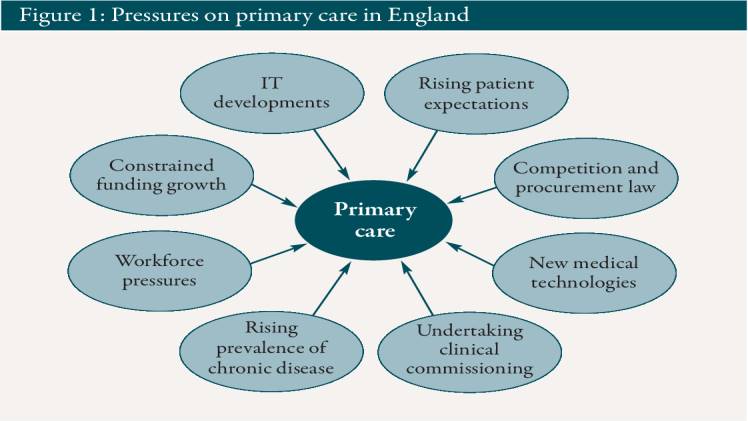The Role of a General Practitioner in Primary Care

Moore Healthcare Group is a leading healthcare provider that is committed to ensuring that patients receive the highest quality care possible. As such, we believe that it is essential for patients to understand the role of a general practitioner in primary care. A general practitioner, also known as a GP, is a medical doctor who specializes in providing primary care to patients. In this article, we will explore the role of a general practitioner in primary care, including their responsibilities and the benefits of seeing a GP.
Responsibilities of a General Practitioner
General practitioners are responsible for providing primary care to patients across a wide range of ages, genders, and health conditions. They are often the first point of contact for patients seeking medical advice, and they play a critical role in promoting health and preventing disease. Some of the responsibilities of a general practitioner in primary care include:
- Diagnosing and treating common illnesses and injuries, such as colds, flu, and minor cuts and bruises.
- Providing preventative care, such as immunizations and health screenings.
- Managing chronic health conditions, such as diabetes, asthma, and high blood pressure.
- Referring patients to specialists for further evaluation or treatment.
- Offering counseling and support for mental health concerns, such as anxiety and depression.
- Educating patients on healthy lifestyle choices, such as diet and exercise.
Benefits of Seeing a General Practitioner
There are many benefits to seeing a general practitioner for your primary care needs. Some of the most significant benefits include:
- Personalized Care: General practitioners offer personalized care that is tailored to your individual needs and health concerns. They take the time to get to know you and your medical history, which allows them to provide more effective and comprehensive care.
- Continuity of Care: Seeing the same general practitioner for your primary care needs ensures continuity of care. Your GP will be familiar with your medical history, which can help them identify and manage health concerns more easily.
- Convenience: General practitioners are often located in your local community, which makes it easier to access care when you need it. Additionally, many GP practices offer extended hours and same-day appointments, which can be especially helpful when you need medical attention quickly.
- Cost-Effective: Seeing a general practitioner for your primary care needs can be more cost-effective than seeing a specialist or going to the emergency room. GPs can manage many health concerns in-house, which can save you time and money in the long run.
- Preventative Care: General practitioners play an essential role in promoting health and preventing disease. Regular check-ups and health screenings can catch potential health concerns before they become more serious, which can improve your overall health and well-being.
Conclusion
Overall, general practitioners play a critical role in providing primary care to patients. They are responsible for diagnosing and treating common illnesses, managing chronic health conditions, and promoting health and wellness. Seeing a general practitioner for your primary care needs offers many benefits, including personalized care, continuity of care, convenience, cost-effectiveness, and preventative care. At Moore Healthcare Group, we believe that patients deserve the highest quality care possible, which is why we offer a range of primary care services to meet your individual needs. Contact us today to learn more about our services and how we can help you achieve optimal health and wellness.




